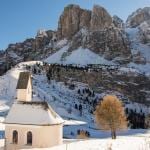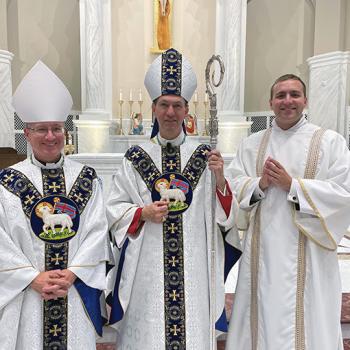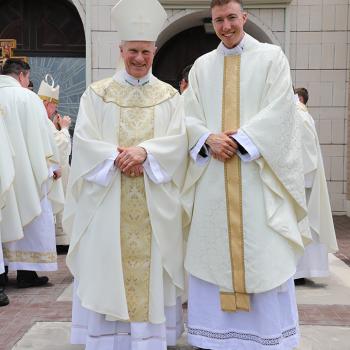“At that time Jesus went through the grainfields on the sabbath; his disciples were hungry, and they began to pluck heads of grain and to eat. 2 When the Pharisees saw it, they said to him, “Look, your disciples are doing what is not lawful to do on the sabbath.” 3 He said to them, “Have you not read what David did when he and his companions were hungry? 4 He entered the house of God and ate the bread of the Presence, which it was not lawful for him or his companions to eat, but only for the priests. 5 Or have you not read in the law that on the sabbath the priests in the temple break the sabbath and yet are guiltless? 6 I tell you, something greater than the temple is here. 7 But if you had known what this means, ‘I desire mercy and not sacrifice,’ you would not have condemned the guiltless. 8 For the Son of Man is lord of the sabbath.”-Matthew 12:1-8 NRSV
Jesus The Son Of Man
The Gospel reading from today’s Mass is very interesting. There are many layers to peel back, but I want to focus only on a couple. At the end of the passage we have a statement of authority by Jesus. He calls himself the Son of Man which is a title that appears in Daniel chapter 7. In that chapter the Son of Man is given dominion over every nation and, place, and people. Jesus used this term for himself several times in his public ministry.
As a man I am a son of a man, but that is different than being the Son of Man. It is a statement of authority, but also a statement of divinity. When saying that he is Lord of the Sabbath, our Lord is saying something profound. God rested on the Sabbath after the creation accounts in Genesis and commanded that the Sabbath remain holy. This was not lost on the Pharisees as they would later charge Jesus with blasphemy because calling oneself the Son of Man was equivalent to calling oneself God.
Mercy Not Sacrifice
In today’s Gospel Jesus and the disciples are walking through a grainfield. They were hungry so they picked grain for nourishment. This was actually allowed under the law as long as one did not use a tool. However the Pharisees said they were breaking the law. Jesus then used the example of David and his men eating the showbread.
This whole situation brings up a very important distinction that we sometimes take for granted. The Pharisees were following the letter of the law, but not the spirit of the law. In attempting to follow the law they failed to see the needs and humanity in people. Have we been guilty of this? Maybe we saw someone as a means to an end, a tool to be used and later thrown out. Perhaps we ignored the pleas of the homeless man on the corner when we could easily spare a few dollars to help. Have we been so busy sacrificing that we have not shown mercy? There is nothing wrong with sacrifice, but in today’s Gospel our Lord tells us that we must be merciful.

Saint Quotes
Extend your mercy towards others, so that there can be no one in need whom you meet without helping. For what hope is there for us if God should withdraw His Mercy from us?
–Saint Vincent de Paul
Let our judgment of souls cease, for God’s mercy upon them is extraordinary.
–St Faustina
True charity consists in doing good to those who do us evil, and in thus winning them over.- St. Alphonsus Liguori













